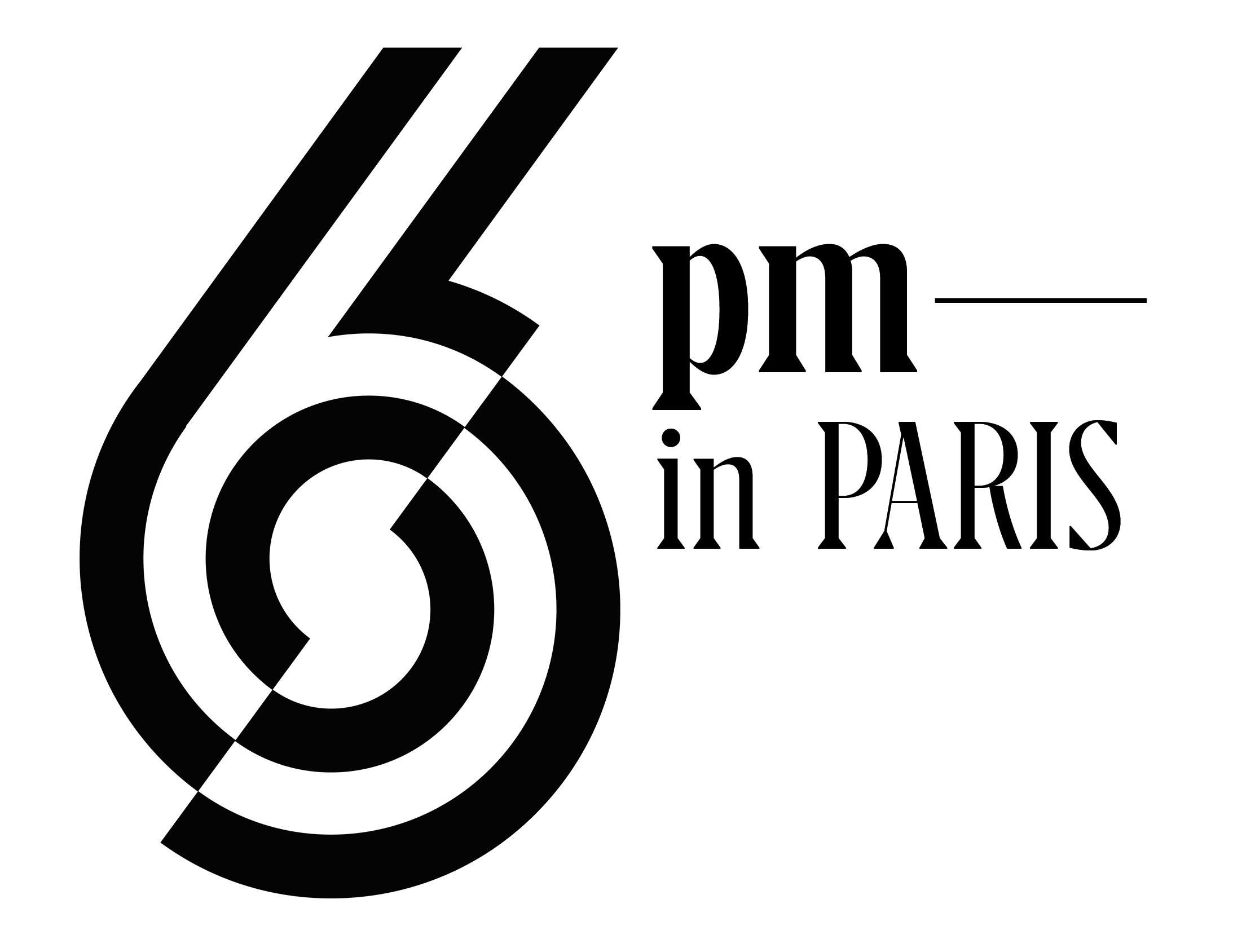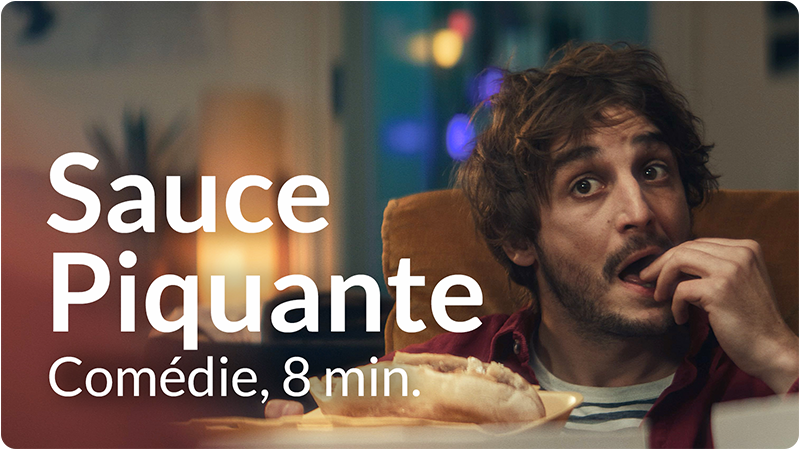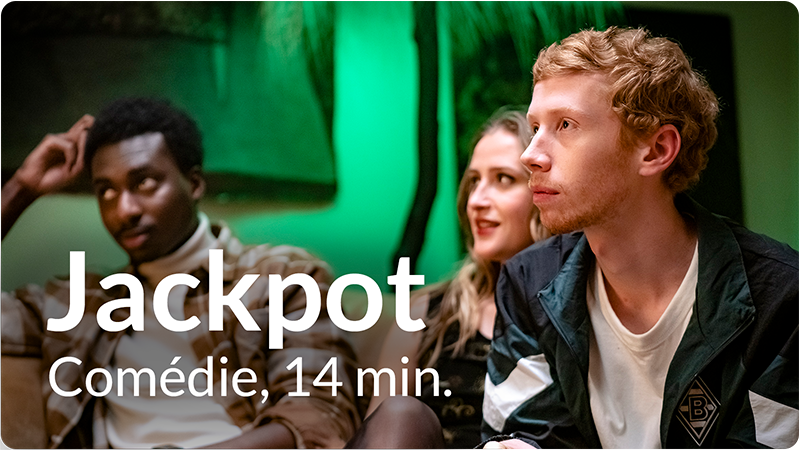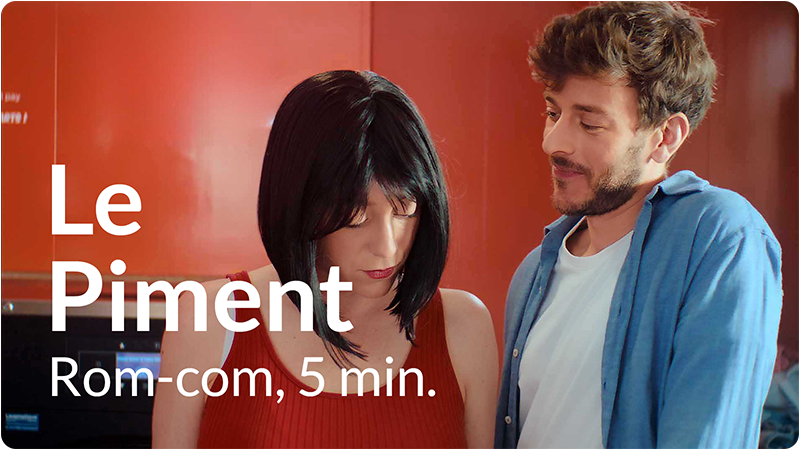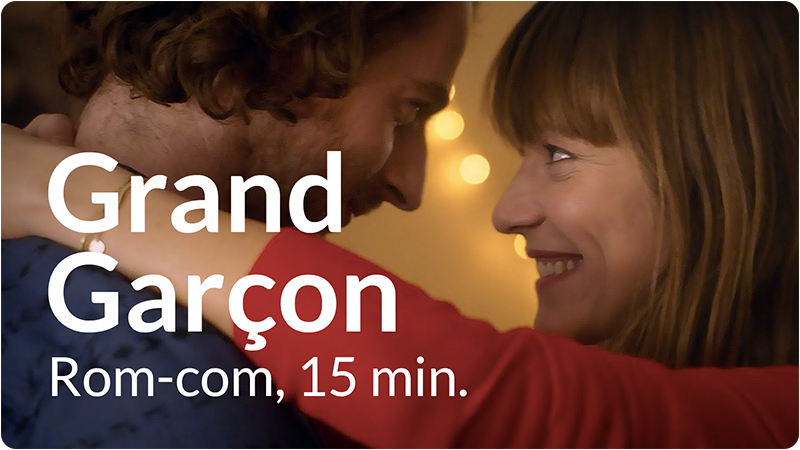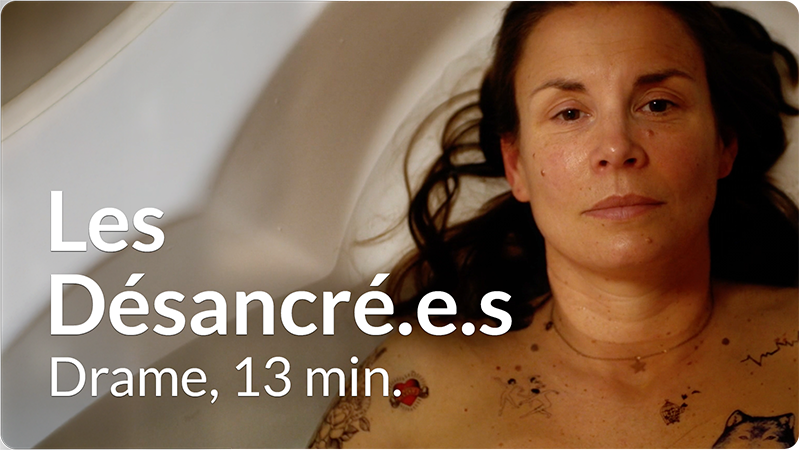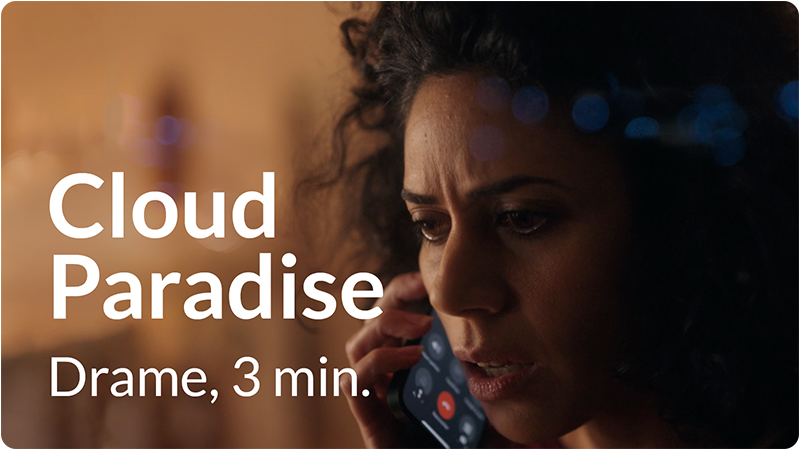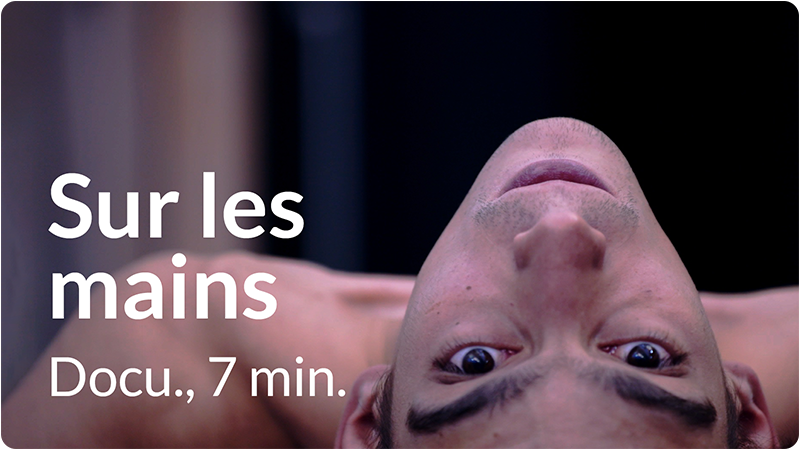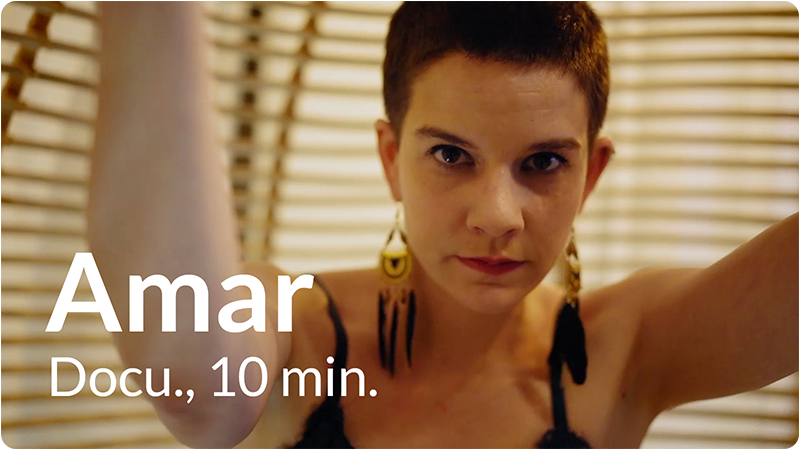Why Short Films Are Your Secret Weapon for Learning French
1. They Expose You to Natural French in Context
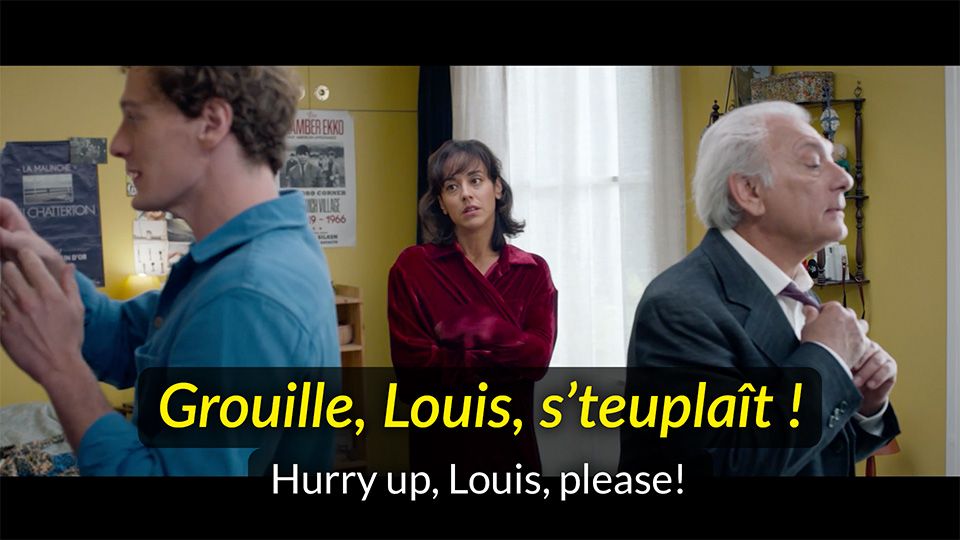
2. They Are Easier to Digest Than Full-Length Movies
3. They Help You Improve Your Listening Skills
-
Listen to different accents and speeds
-
Hear authentic conversations in different contexts
-
Pick up on intonation and pronunciation nuances
4. They Make Vocabulary Learning More Effective
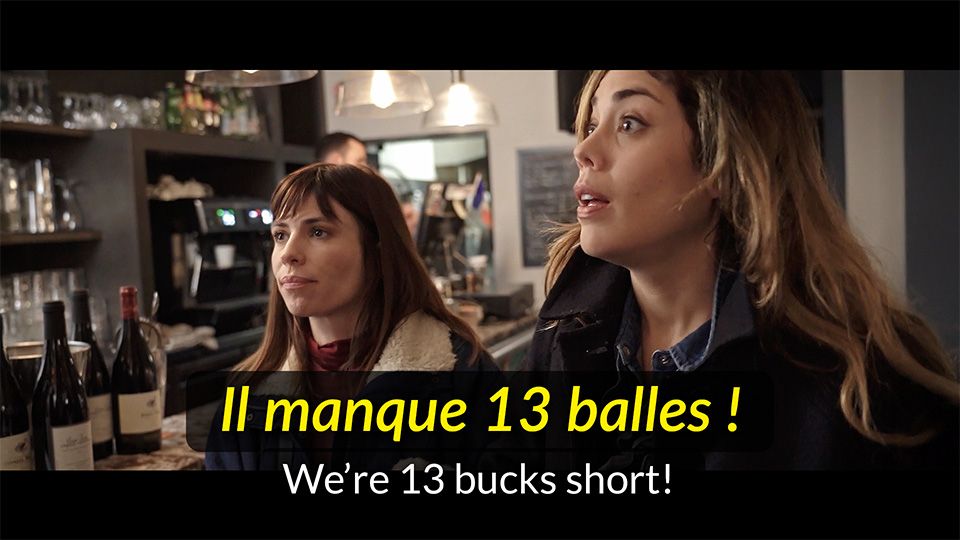
-
Tip: Write down new words and phrases as you watch, then try to use them in a sentence.
5. They Reinforce Grammar Without Boring Exercises
-
The difference between passé composé and imparfait
-
How negation works in everyday speech (“J’sais pas” instead of “Je ne sais pas”)
-
Common sentence structures used by native speakers
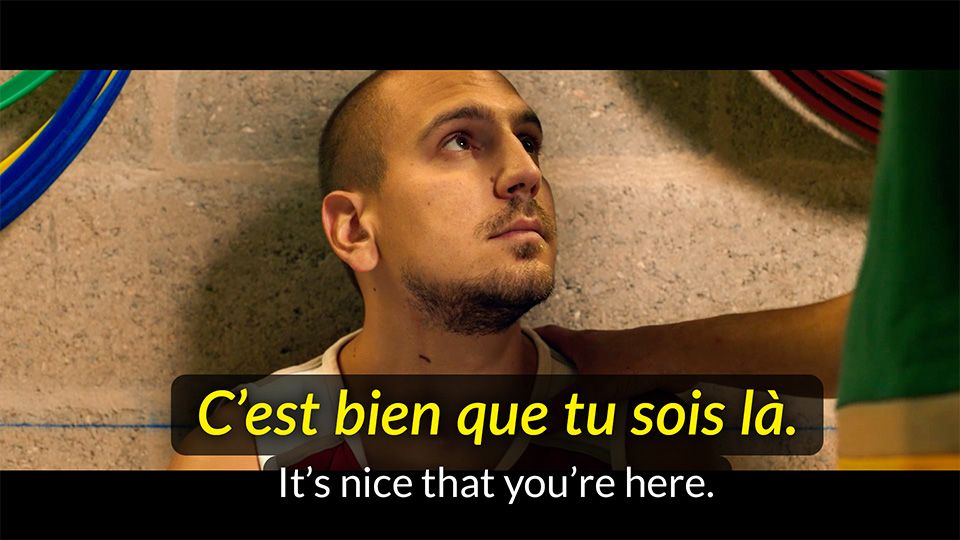
6. They Keep You Motivated
7. They Introduce You to French Culture
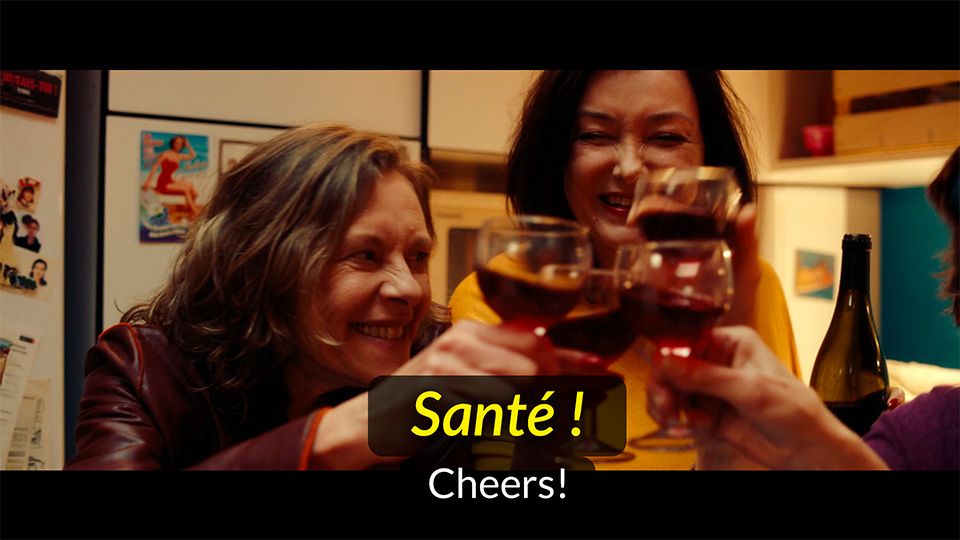
How to Use Short Films to Learn French
-
Start with subtitles – Begin with English subtitles if needed, then move to French subtitles and gradually remove them as you improve.
-
Watch actively – Take notes, repeat phrases aloud, and mimic pronunciation.
-
Rewatch strategically – Focus on difficult parts and challenge yourself to understand more each time.
-
Use shadowing techniques – Pause and repeat lines to practice pronunciation and rhythm.
-
Discuss what you watched – Try summarizing the story in French or discussing it with a language partner.
Where to Find French Short Films
-
6pm in Paris – A curated selection of exclusive short films (comedy, drama, documentary and more), and original talk shows (“CinéPacks”) breaking down the expressions and cultural references of each film.
-
TV5 MONDE plus – A great platform for Francophone content
-
MyFrenchFilmFestival – A yearly online festival with short films
-
YouTube & Vimeo – Many independent filmmakers upload their work online
Final Thoughts

Master real-life French expressions with our unique CinéPack™ method, merging Entertainment and Education for better memorization.
Be the first to know about new content and feature release!
Check your inbox for a confirmation email!
© 2026 6pm in Paris, Inc. All rights reserved.
Sweet Dreams
France, 2022, 3 min.

ROM-COM
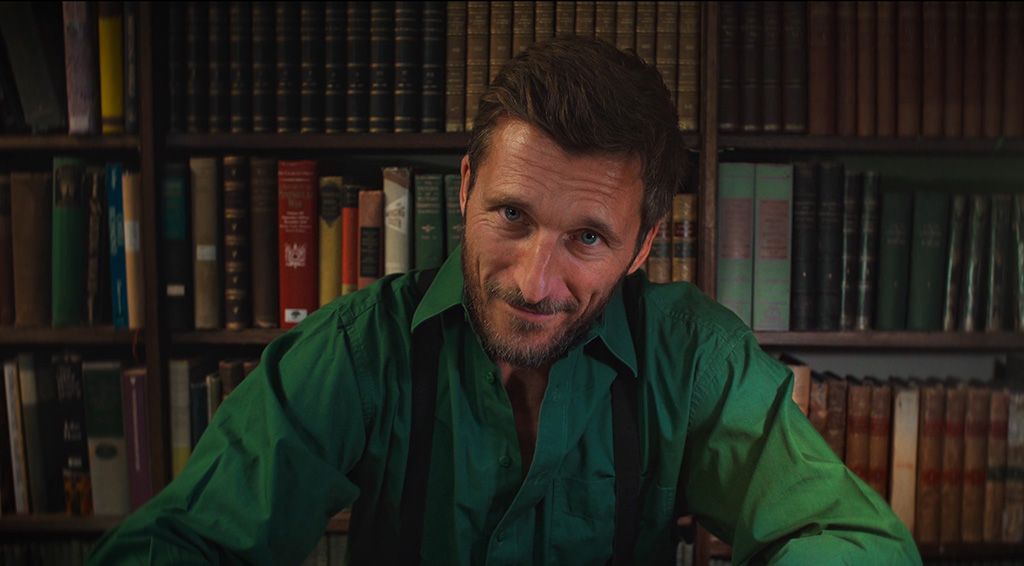
Le magasin des compliments
Directed by Titouan Laporte
France, 2022, 10 min.
Romain's compliment store, where customers boost spirits by purchasing or gifting compliments, faces a challenge when a skeptical customer questions the store's purpose.
COMEDY
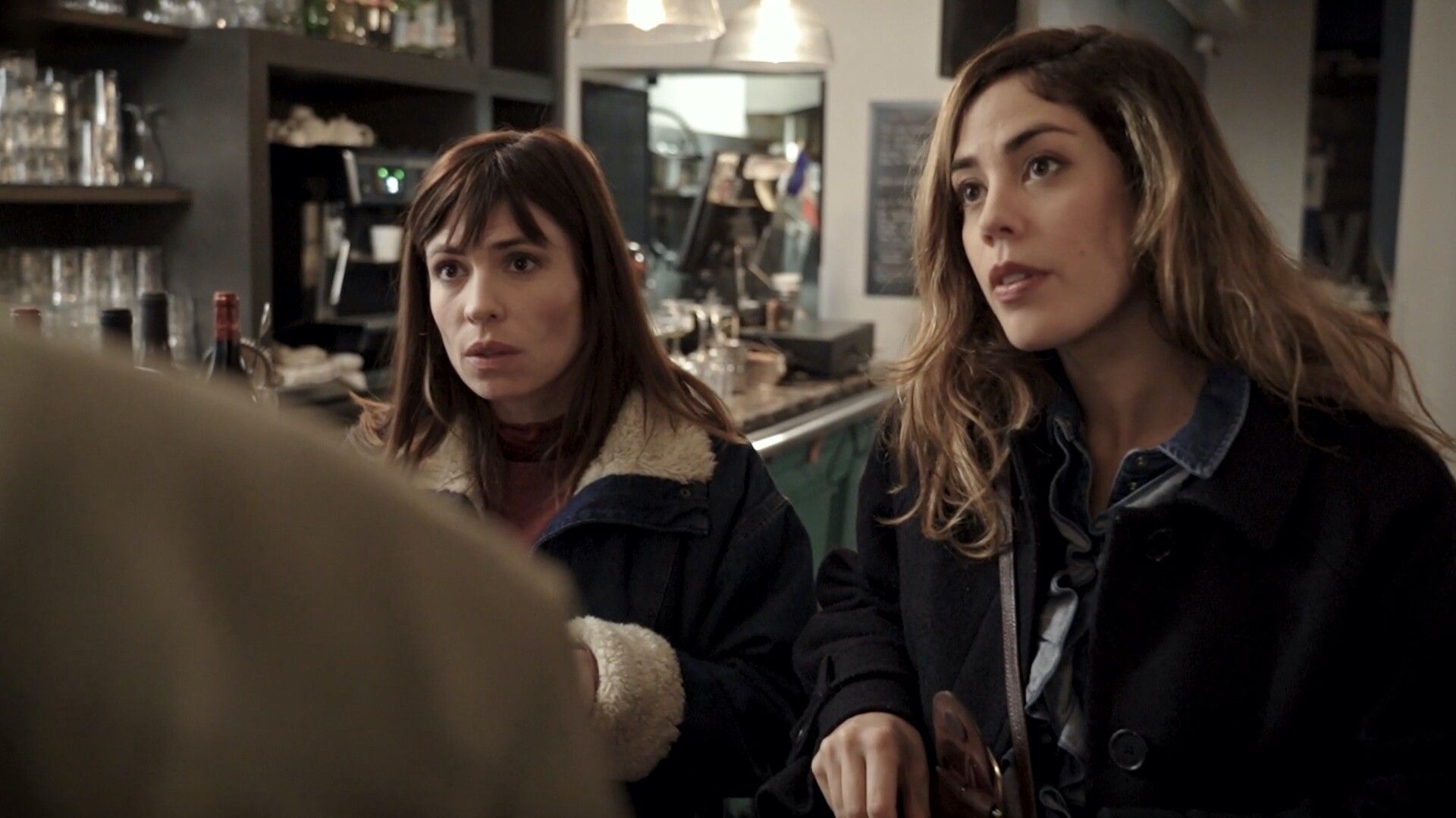
13 Euros
Directed by Guillaume Courty and Bertrand Goncalves
End of diner at the restaurant, everyone paid their share but 13 euros are missing. Shall we split?
DOCUMENTARY
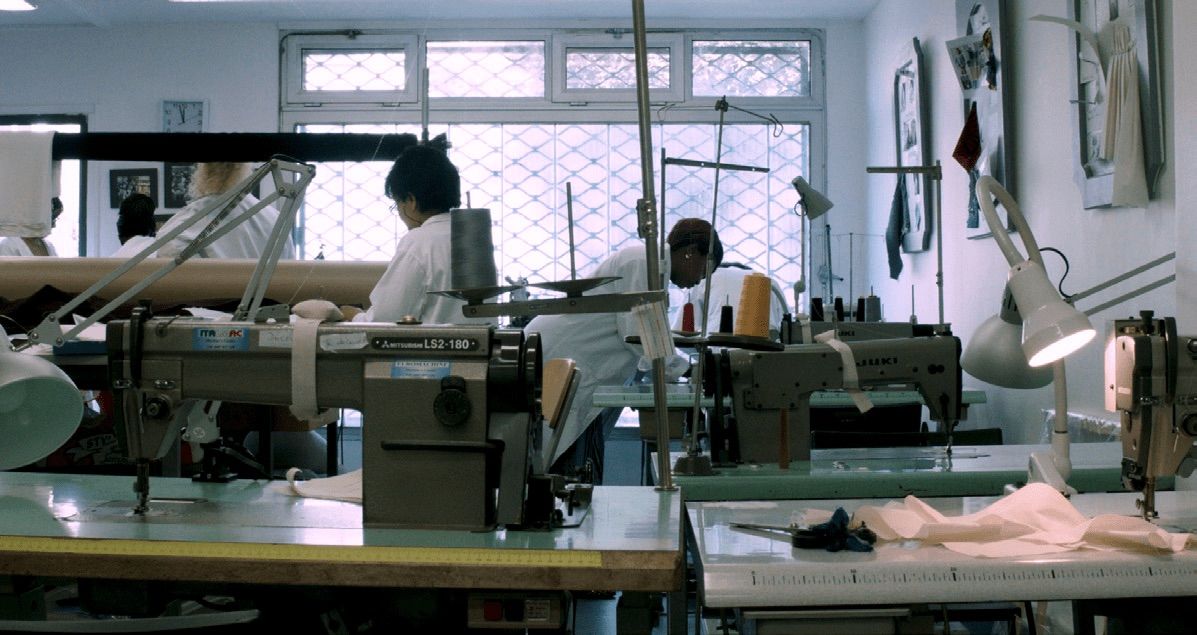
Chanel et moi
Directed by Audrey Espinasse and Sami Lorentz
France, 2019, 6 min.
Maxime takes us into Jean-Luc François' new sewing ateliers in Pantin.
FREE PREVIEW
Master Classes

EPISODE 2
Conjugating irregular verbs in the Imperative Mood
FREE PREVIEW
Parlons peu,
parlons vin !
6pm in Paris Original
2023, 7 min.

Léa meets Henry, owner of Henry's Wine and Spirits, to discuss wine shopping tips.
Original content is also available with French and dual subtitles.
Sweet Dreams
France, 2022, 3 min.


15-20 min.

Learn about the useful vocab, expressions and cultural references used in each short films.
Sweet Dreams
France, 2022, 3 min.

Sweet Dreams
France, 2022, 3 min.


Nina

Anicet

Quentin

Léa

Lisa

Julie

Melissa
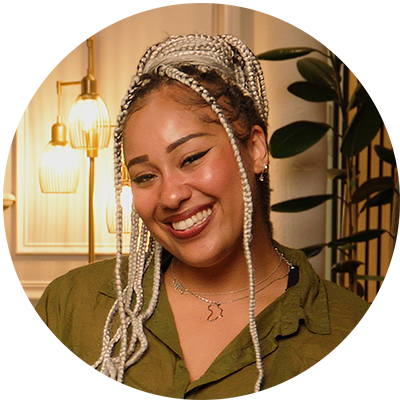
Elsa

Julien

Eléonore
Welcome back!
Welcome back!
Start your
7-day free trial
to explore our full CinéPacks Library!

Starting at $12.50/month
Already have an account? Sign in here.
